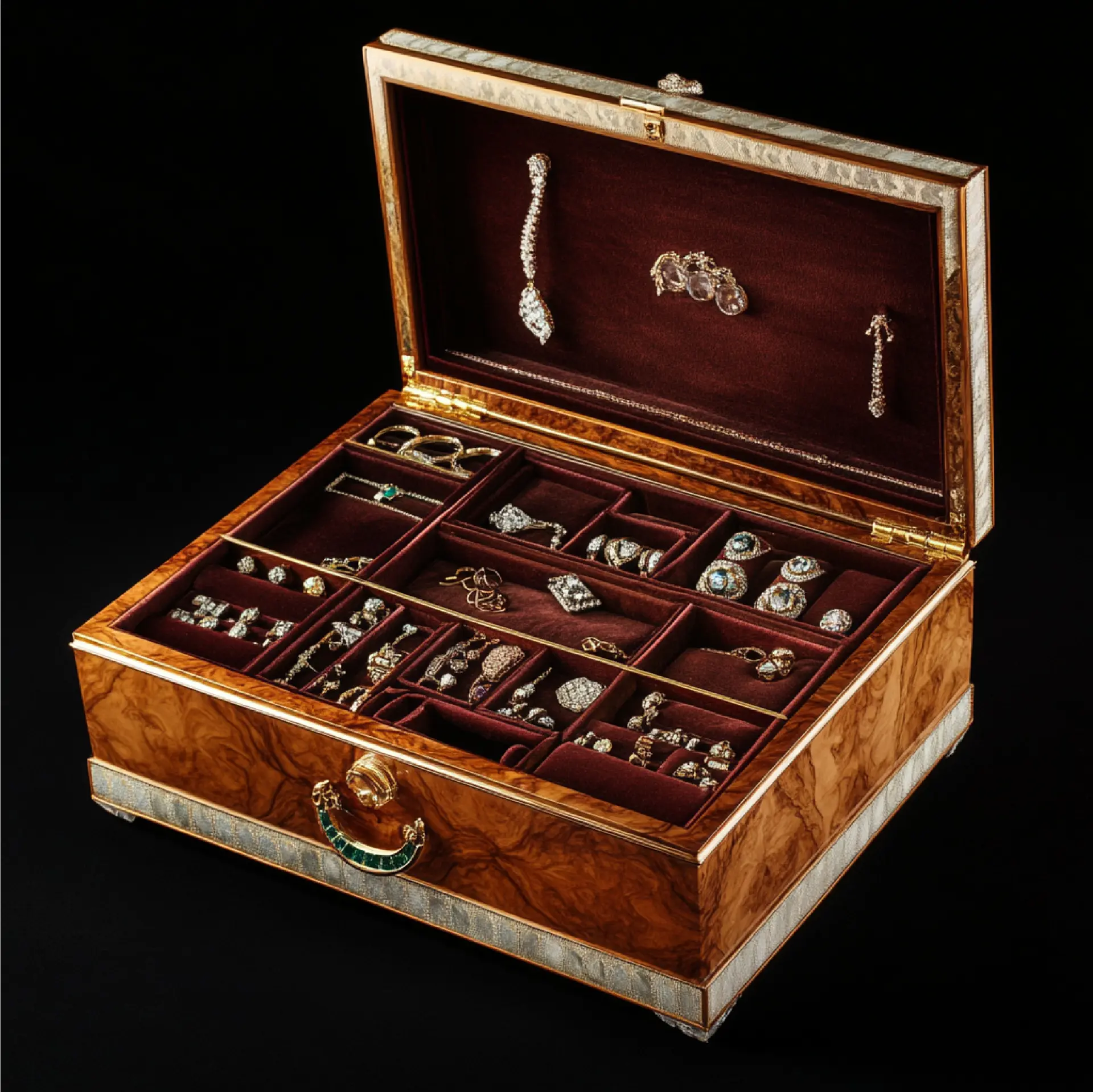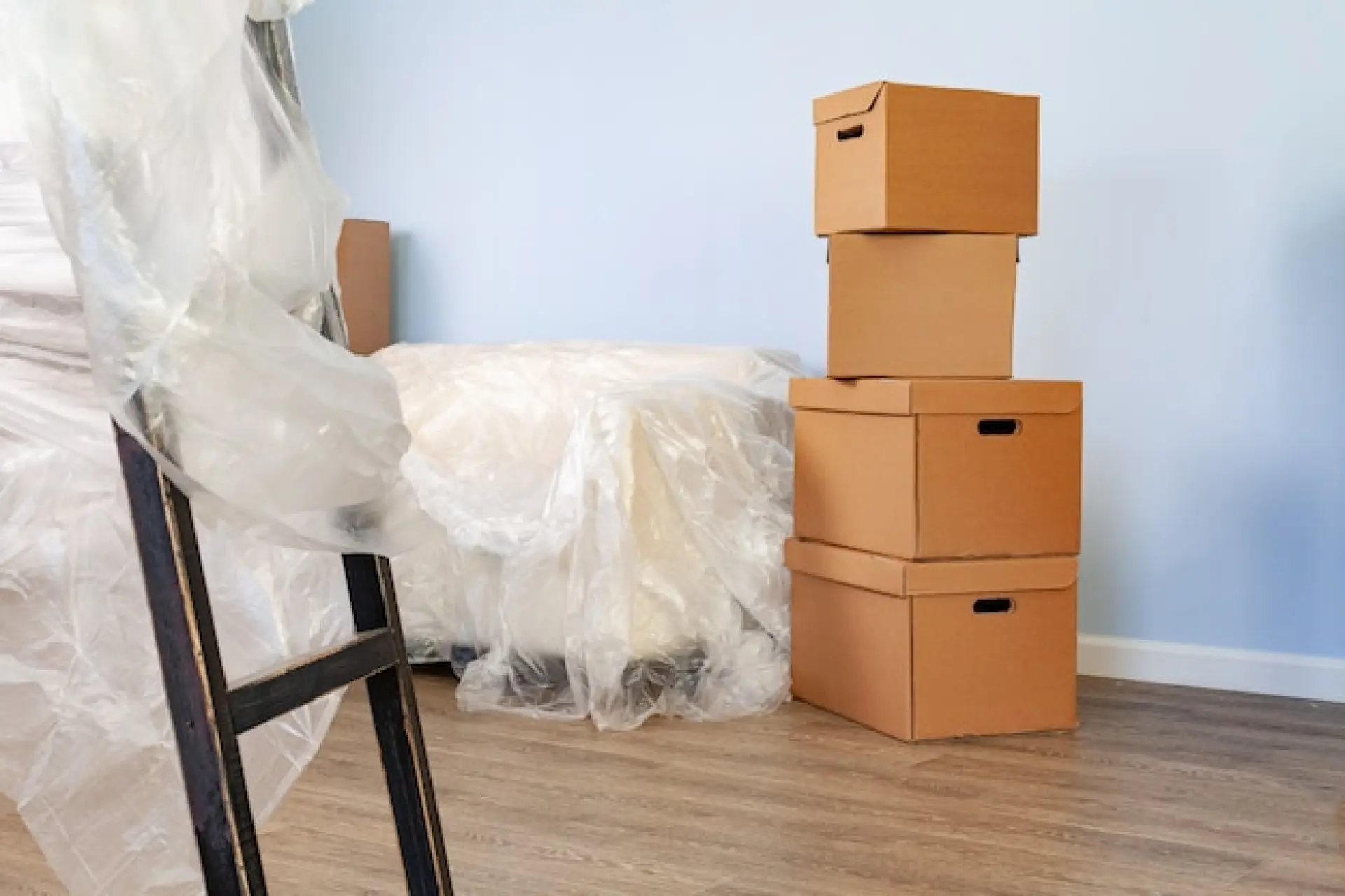Managing a bereavement house clearance can feel like a lot to handle. When a loved one has passed, you may be dealing with grief while also facing a big task: clearing a house, sorting personal belongings, and making decisions about a property and estate. Taking it step by step, and giving yourself time, can make the whole clearance process more manageable.
Allowing Yourself Time to Plan and Process
Clearing a loved one’s home after their death is often emotional and tiring. Many people feel pressure to act quickly, but it is usually better to take care and set a pace that feels right. If the home is safe and secure, you may need to give yourself a little time before you start emptying rooms.
Try to choose a realistic timeline based on your responsibilities, your work, and what is needed for the estate. In some cases, there may be deadlines linked to rent, a mortgage, insurance, or a property sale, so it helps to explore the situation early. If you are an executor, you may also be responsible for making sure the home and belongings are handled correctly. Even if you are not an executor, you may still be helping family members with the process.
A simple plan can reduce stress. You could start with areas that feel less personal, such as the bathroom or kitchen, before moving on to bedrooms and more sentimental items. Taking breaks is not a failure. It is part of managing the task with care.
Understanding Legal and Estate Responsibilities
Before you remove or sell anything, it is important to understand who has the right to make decisions. If there is a will, the executor, or executors, usually manage the estate. If there is no will, the rules may be different, and relatives may need advice before dealing with possessions.
In many cases, probate may be needed before the estate can be fully handled, especially if there is a house to sell or large funds involved. This does not always stop you from sorting and preparing, but it can affect what can be sold and when. If you are unsure, contact the solicitor dealing with the estate or ask a trusted professional to guide you. This can help you avoid problems later, and it can also protect family members from disagreements.

Preparing the Property Before You Start Clearing
Before the main house clearance begins, it helps to make sure the home is secure and safe. Check that doors and windows lock properly, and consider changing locks if many people have keys. If the house will be empty for a while, keeping it secure is crucial.
You may also want to take meter readings and contact utility providers. If the property is going to be sold, keeping basic services on for a short time can make visits easier, especially for estate agents or professionals who need access. It can also help if you need lighting, heating, or power while sorting items.
If there are pets, food in the fridge, or waste building up, deal with these early. This is often one of the quickest ways to make the home feel calmer and more ready for the clearance process.
What to Keep, Donate, Sell, or Dispose Of
Sorting loved one’s possessions can feel overwhelming, especially when there are many belongings. It helps to treat this as a process rather than a single job you must finish in one go. As you clear each room, decide what should be kept, donated, sold, or disposed of, and keep that choice as consistent as you can.
Some items are easy to decide on, such as everyday household goods. Others need more thought, such as furniture, collections, or anything with sentimental value. It is also normal to find unwanted items that nobody needs, and that is okay. Not everything left behind will be meaningful, even if the person was loved.

When donating, check what local charities can accept. Some organisations may not take certain furniture or electrical items, and you may need to book a collection. Recycling is often the best option for things that cannot be reused, and it helps you dispose of items in a responsible way.
If you are arranging a sale, it may be helpful to separate items with clear value early, so they do not get mixed in with general clearing. If you feel stuck, set some items aside and return to them later. Sometimes, time makes decisions easier.
Handling Important Documents, Keys, and Valuable Items
During any house clearance service or DIY clearance, it is crucial to look for important documents before too much is removed. These can include wills, bank details, pension paperwork, insurance policies, property deeds, and anything linked to probate. You may also find records that help the executor understand costs, debts, or subscriptions that need cancelling.
Keep documents in one safe place and consider making copies for executors or family members who are managing the estate. You should also collect spare keys, including keys for sheds, garages, safes, and filing cabinets.
Valuable items should be handled with extra care. Jewellery, watches, artwork, antiques, and collectables may need a professional valuation, especially if they could be sold as part of the estate. It is best to keep a clear record of what you find and where it is stored. This can prevent confusion and can support the executor if questions come up later.
Dealing with Sentimental Items and Personal Belongings
Sentimental items can be the hardest part of clearing a house after a loved one has passed. Photographs, letters, and small personal belongings can bring strong emotions, and it is easy to feel unsure about what to do. Taking care with this stage matters, because rushing can lead to regret.
It may help to pick a small number of sentimental items that have the most meaning. You can also share certain belongings with family members and close friends who would value them. If several people want the same item, talk about it calmly and try to agree on a fair approach. In some cases, rotating items or choosing one keepsake each can reduce tension.
Remember that sentimental value does not always mean you must keep everything. Some people take photos of items before letting them go, which can be a gentle way to hold on to the memory without keeping the object. You can also repurpose clothing or fabrics into something useful, like a quilt, which can be a lasting tribute.

Managing the Emotional Side of the Clearance Process
Even when you have a clear plan, bereavement can make simple decisions feel harder. You may feel tired, distracted, or upset without warning. This is normal. Try to be patient with yourself, and accept that the process may take longer than you first expected.
If you are dealing with the loss while also managing responsibilities for the estate, it can help to set short sessions for sorting and then step away. Some people find it easier to have another person with them, especially when clearing bedrooms or personal spaces.
If the house clearance brings up conflict between relatives, it may be helpful to pause and reset. Strong emotions can make small disagreements feel bigger. Keeping communication clear and respectful can protect relationships during a difficult time.
Getting Help From Family Members, Friends, and Professionals
You do not have to manage everything alone. Family members and friends often want to assist, even if they are not sure what to do. Giving people simple tasks can help, such as packing boxes, moving furniture, or taking donations to the correct place. This can also reduce the time it takes to clear a house.
In some cases, professional house clearance is the safest and least stressful option. Professional house clearance teams can help with heavy lifting, removing unwanted items, and organising disposal and recycling. A good house clearance company should work with sensitivity, explain the steps clearly, and provide a service that matches your needs.

If you choose clearance services, ask what is included. Some house clearance services sort items, some only remove what you have already separated, and some can assist with selling certain items. It is also sensible to check how they dispose of waste and whether they aim to recycle where possible.
A house clearance service can be especially helpful if you live far away, if the property is very full, or if you are dealing with tight deadlines linked to an estate sale or selling the house.
Costs, Quotes, and What Can Affect the Price
Costs can vary depending on the size of the house, the amount of belongings, and how quickly the work needs doing. Access can also matter, such as stairs, parking, and whether large furniture needs to be removed from upper floors.
Some companies may reduce the cost if there are items of value that can be sold, but it is important to understand how this works and what will be included in any agreement. If you are the executor, make sure the approach is suitable for the estate and that you keep clear records. Getting more than one quote can help you find the right support.
After the House Is Cleared
Once the clearing is finished, you may still need to prepare the home for its next step. If the property will be sold, it may need cleaning, small repairs, and a final check to make sure nothing important was missed. If the house will be rented, passed to another family member, or kept for a time, it may need ongoing care, such as checking for damp, keeping the garden tidy, and making sure post is redirected.
It can also help to take one last walk through the empty rooms. For some people, this brings a sense of closure. For others, it is simply a practical step to ensure everything has been handled properly.

Bereavement House Clearances
A bereavement house clearance is not just about clearing a house. It is about handling a loved one’s possessions with care, managing estate responsibilities, and giving yourself time to process the loss. Whether you work with family members, get support from friends, or use professional house clearance services, the aim is the same: to move through the clearance process in a way that feels respectful, organised, and manageable. Rights reserved.
Get in touch today if you require bereavement house clearance services in Maidstone and Kent. Our experience and professionalism can help alleviate any stress or concerns you have concerning your loved one's belongings.


